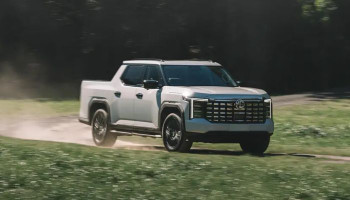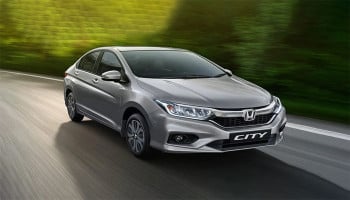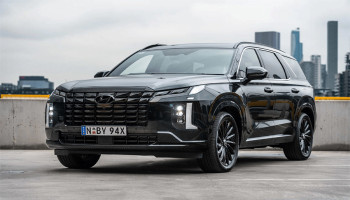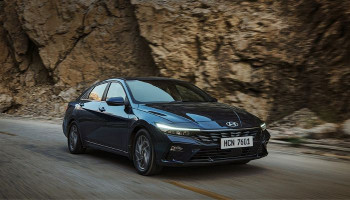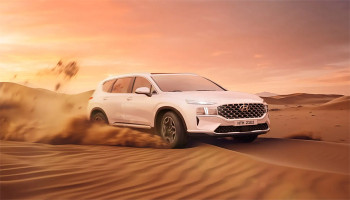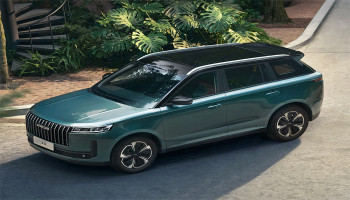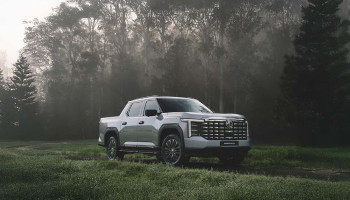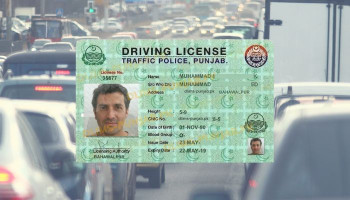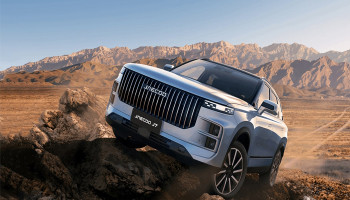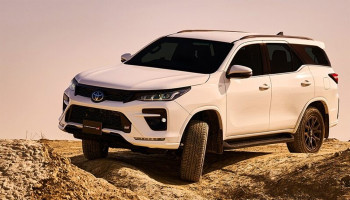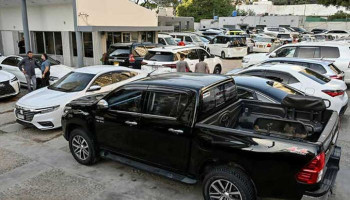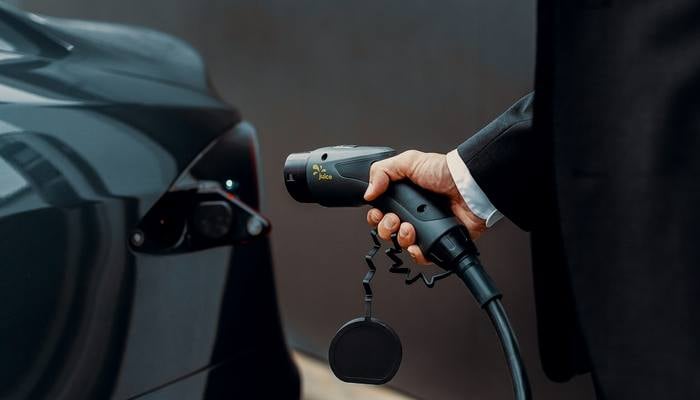
The Pakistan Automotive Manufacturers Association (PAMA) has called on the government to ban the use of unsafe and outdated battery technologies in electric vehicles (EVs), a move seemingly in favour of Pakistan's EV goals.
Regarding the allegedly unsafe EV batteries gaining ground in Pakistan's growing EV market, the automotive association also warned that investing heavily in such technologies could damage consumer trust and undermine the country’s environmental goals.
In a statement, PAMA Director General Abdul Waheed Khan highlighted that despite government subsidies on EVs, consumers are still struggling to make a switch to EVs.
“The government should not compel consumers to purchase vehicles equipped with poor-quality batteries marketed as advanced technology,” he said.
Khan pointed out that more than 90% of electric two-wheelers sold in Pakistan use lead-acid batteries merely coated with a slight layer of graphene, describing it as a misleading practice. He labelled it “nothing but a deception.”
He emphasised the need for transparency, stating, “It is crucial to provide the public with accurate information,” urging the government to focus on proven and safe battery technologies.
The PAMA director also referenced the recent launch of the Pakistan Accelerated Vehicle Electrification (PAVE) Programme 2025-30, which aims to provide Rs122 billion in subsidies across various segments of the auto industry. Only EVs using lithium or other advanced battery technologies will qualify for these subsidies.
It was also highlighted that while lithium-ion batteries are globally well-known for their quality, many local electric two-wheelers are falsely marketed as having “advanced graphene batteries.”





